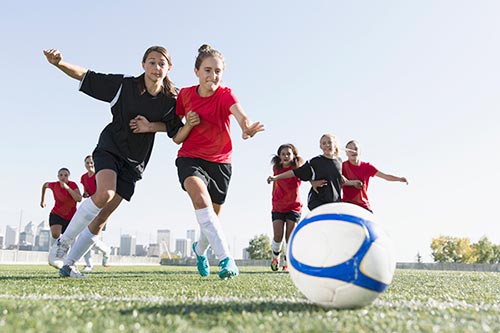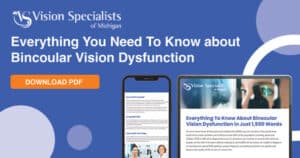
Soccer: The Foremost Cause of Concussions in Girls
Soccer is the sport in which girls are most likely to become concussed. Girls tend to be more susceptible to this type of sports injury than boys, due in part because they have less muscular necks. Not only do they sustain concussions more often, but the after-effects tend to linger longer as well. These after-effects are what’s known as post-concussive syndrome.What Is a Concussion and Post-Concussive Syndrome?
A concussion occurs when the brain is injured, either directly from a blow to the head, or indirectly when the head moves rapidly back and forth (like a whiplash injury). If the term “concussion” seems a little innocuous, how about the term “traumatic brain injury?” Yes, a concussion is a form of traumatic brain injury, and it is serious and should be treated as such. Post-concussive syndrome is diagnosed when the symptoms of the concussion last for longer than three months. Keep in mind that you don’t have to lose consciousness to develop post-concussive syndrome, and even a seemingly mild concussion can lead to symptoms like disorientation, headaches and dizziness.The Link to Binocular Vision Dysfunction
Part of the injury that occurs with a concussion involves the pathways that help to align the eyes. Known as Binocular Vision Dysfunction (BVD), a great amount of strain is placed upon the eye muscles in an attempt to maintain eye alignment and prevent double vision, leading to a lot of eye pain and headaches. People with BVD often start to avoid activities that require a lot of focus and concentration, such as reading and writing, which greatly hampers their ability to function adequately at school or work. In addition to headaches, post-concussive syndrome can result in a variety of other symptoms, including:- Light & noise sensitivity
- Irritability
- Fatigue
- Headaches
- Dizziness
- Insomnia
- Anxiety
- Difficulties with memory & concentration
Get Treatment for Concussion-Related Vision Problems
If your athlete has recently (or not-so-recently) suffered a concussion and is exhibiting symptoms of post-concussive syndrome or BVD, it may be time to seek the help of the professionals at Vision Specialists of Michigan. Start by complete our online BVD questionnaire. You may also call us at [company_phone] to set up an appointment for a comprehensive NeuroVisual Examination.Filed Under:
Tagged With: concussion, Traumatic Brain Injury,








